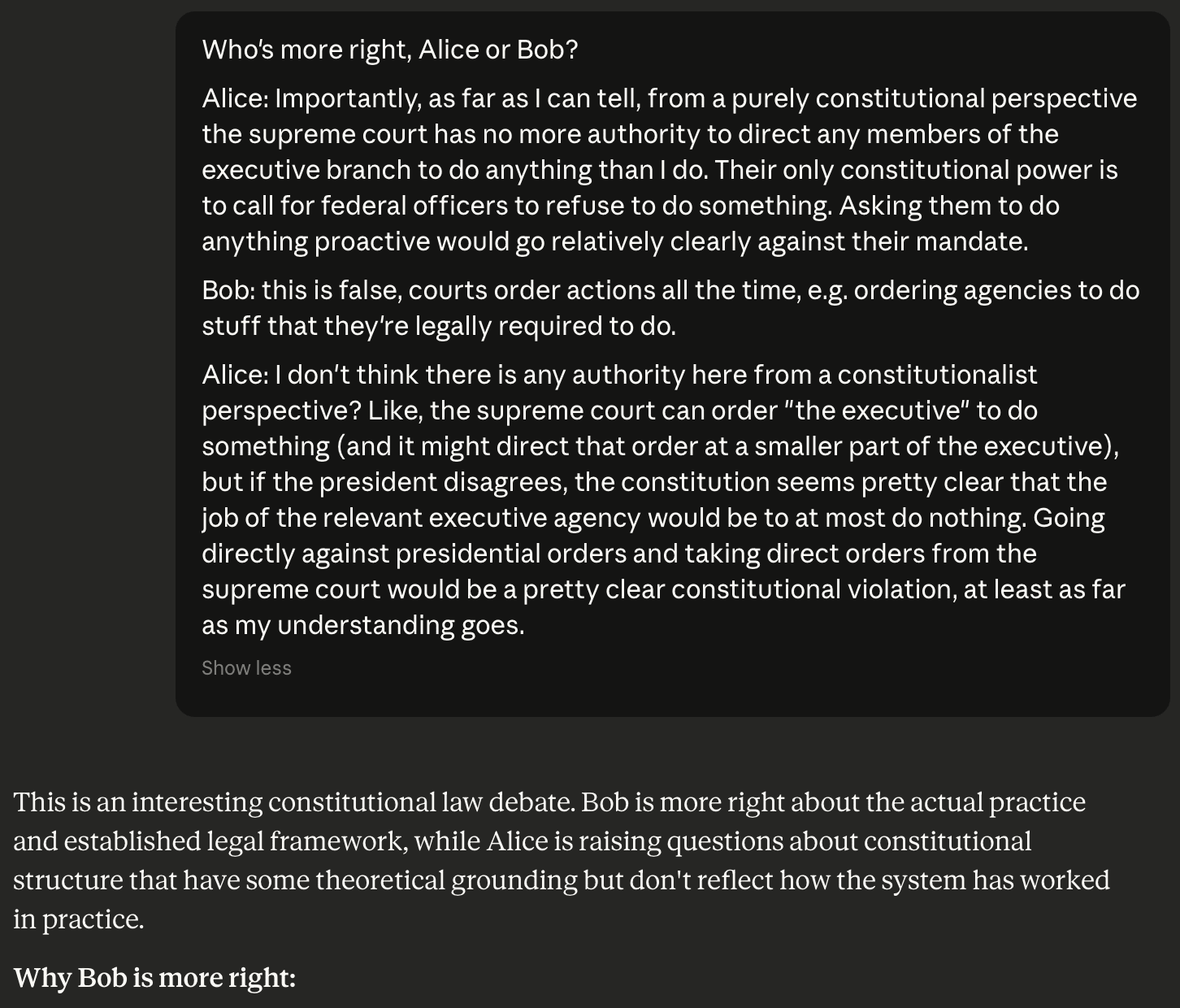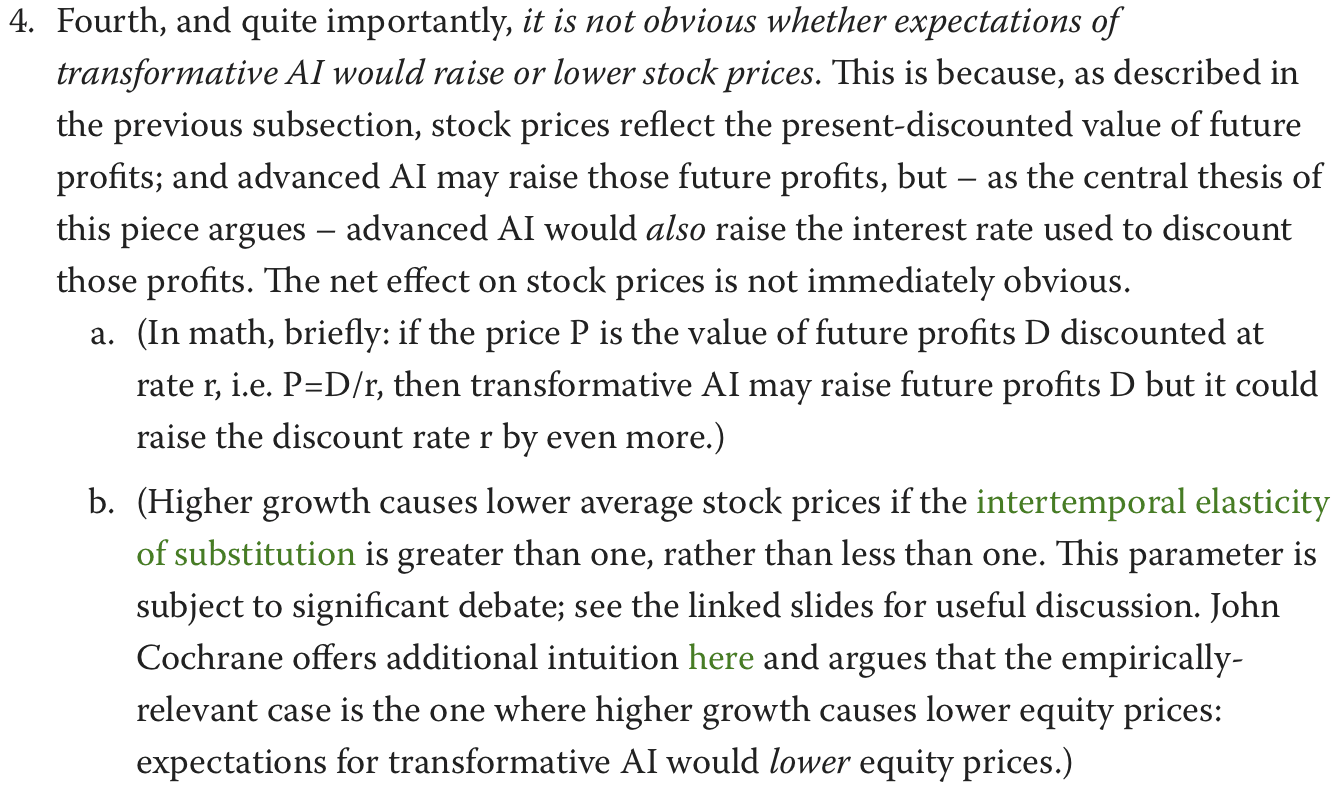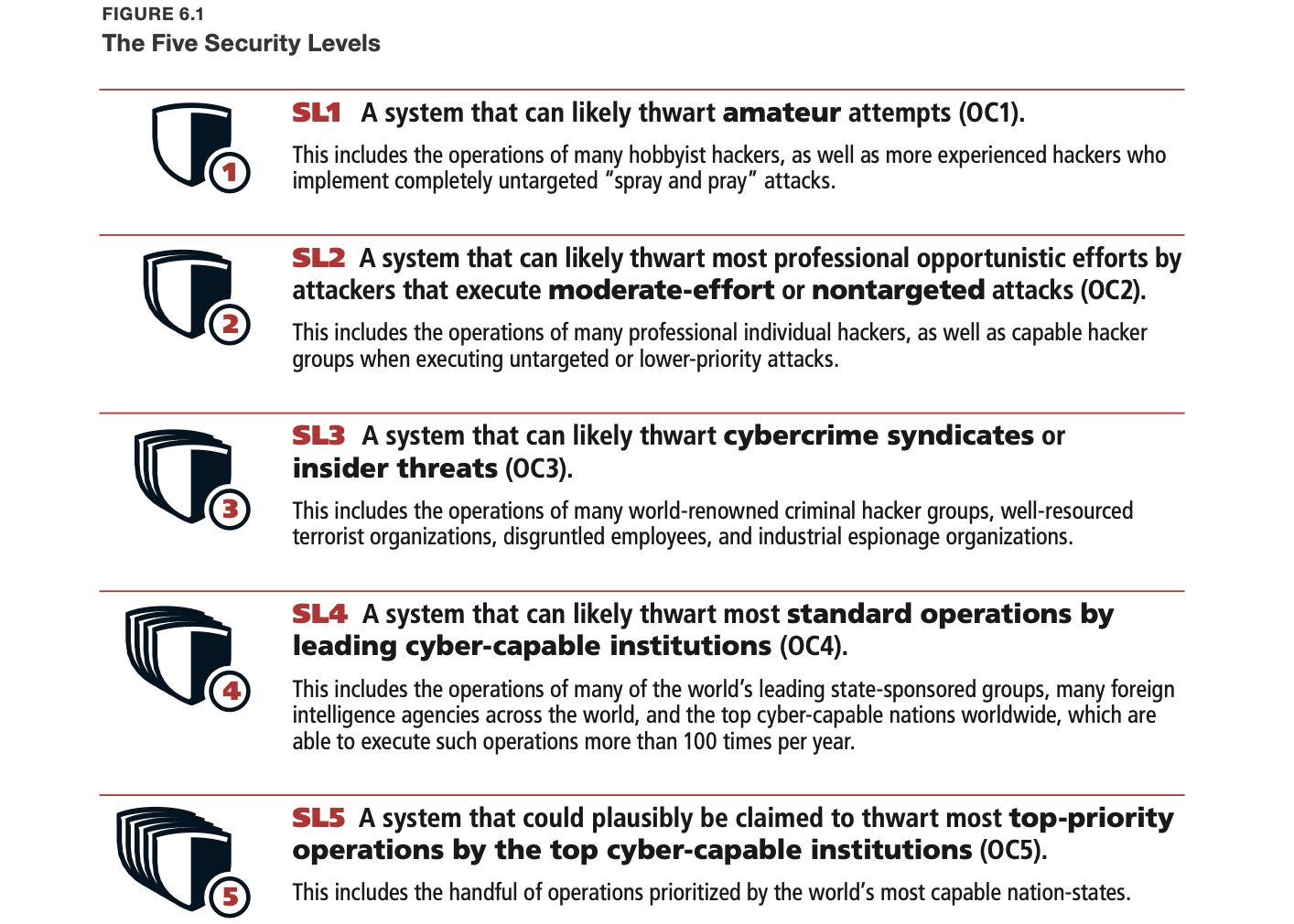AI companies' eval reports mostly don't support their claims
AI companies claim that their models are safe on the basis of dangerous capability evaluations. OpenAI, Google DeepMind, and Anthropic publish reports intended to show their eval results and explain why those results imply that the models' capabilities aren't too dangerous.[1] Unfortunately, the reports mostly don't support the companies' claims. Crucially, the companies usually don't explain why they think the results, which often seem strong, actually indicate safety, especially for biothreat and cyber capabilities. (Additionally, the companies are undereliciting and thus underestimating their models' capabilities, and they don't share enough information for people on the outside to tell how bad this is.) Bad explanation/contextualization OpenAI biothreat evals: OpenAI says "several of our biology evaluations indicate our models are on the cusp of being able to meaningfully help novices create known biological threats, which would cross our high risk threshold." It doesn't say how it concludes this (or what results would change its mind or anything about how it thinks eval results translate to uplift). It reports results from four knowledge and troubleshooting bio evals. On the first, o3 does well and OpenAI observes "this evaluation is reaching saturation." On the rest, OpenAI matches or substantially outperforms the expert human baseline. These results seem to suggest that o3 does have dangerous bio capabilities; they certainly don't seem to rule it out. OpenAI doesn't attempt to explain why it thinks o3 doesn't have such capabilities. DeepMind biothreat evals: DeepMind says Gemini 2.5 Pro doesn't have dangerous CBRN capabilities, explaining "it does not yet consistently or completely enable progress through key bottleneck stages." DeepMind mentions open-ended red-teaming; all it shares is results on six multiple-choice evals. It does not compare to human performance or offer other context, or say what would change its mind. For example, it's not clear whethe



Apparently there's now a sixth person on Anthropic's board. Previously their certificate of incorporation said the board was Dario's seat, Yasmin's seat, and 3 LTBT-controlled seats. I assume they've updated the COI to add more seats. You can pay a delaware registered agent to get you the latest copy of the COI; I don't really have capacity to engage in this discourse now.
Regardless, my impression is that the LTBT isn't providing a check on Anthropic; changes in the number of board seats isn't a crux.